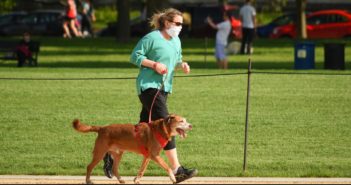
Is There a Risk of Pets Spreading COVID-19?
While experts have concluded that the virus is contagious and can be spread through contact and respiratory droplets, there is still a lot of speculation about whether the virus can spread between species.

While experts have concluded that the virus is contagious and can be spread through contact and respiratory droplets, there is still a lot of speculation about whether the virus can spread between species.
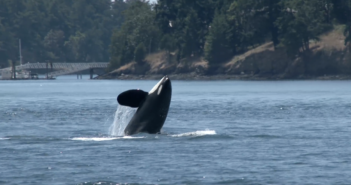
Experts have called for a moratorium on whale watching in the Pacific Northwest to protect the highly-endangered Southern Resident Killer Whales, but the whale watching industry persists. Why, and why is this such an important issue?
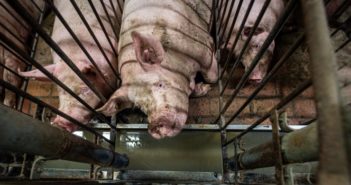
Beginning in the 1980s, farm animal well-being slowly took over as the major focus of animal advocacy organizations. How has this affected conditions for farm animals in different countries?
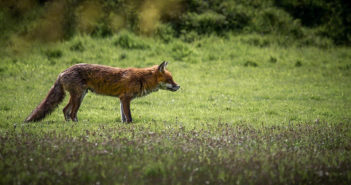
The UK’s new guidelines regarding gatherings and activities in the time of COVID-19 set restrictions for public gatherings, but contain exceptions for hunting and shooting.
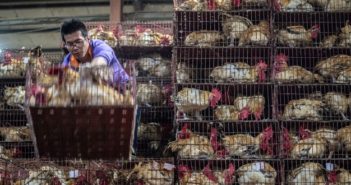
The fact that the COVID-19 crisis very likely arose from the exploitation of animals has drawn greater attention to how human uses of animals can increase the risk of future pandemics.
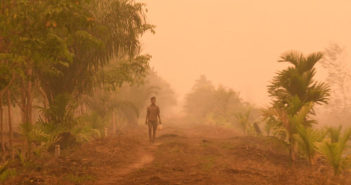
Dr. Andrew Rowan, chief program officer for WellBeing International, discusses the connections between the wellbeing of humans, animals, and the environment.

As wildfires continue to spread across western U.S. states, impacting air quality and causing wildlife to flee to safety, veterinarians are warning people of potential dangers for pets.
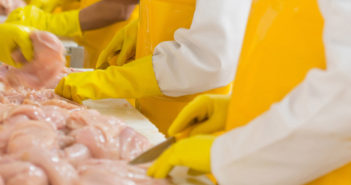
The outpouring of litigation against companies like Tyson illustrates the necessity for the industry to reckon with its cruel practices, which have led to the deaths of over a hundred people and millions of farmed animals.
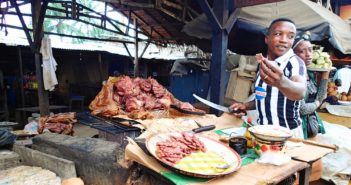
Dr. Chris Walzer, Executive Director of Health for Wildlife Conservation Society, discusses the relationship between the wildlife trade and the transmission of zoonotic diseases, including COVID-19.
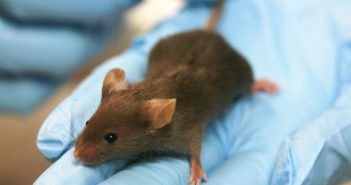
Never before has this dual reality – of cruel and inapplicable animal experiments happening alongside new and exciting non-animal methods – been starker than it is at the present time.
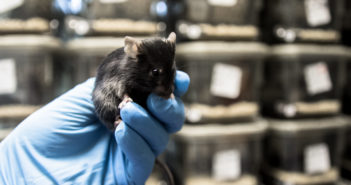
Dr. Nick Jukes discusses the drawbacks to animal use in science and education, promising developments in non-animal alternatives, and the potential effects of the race for a COVID-19 vaccine on animal use in science.
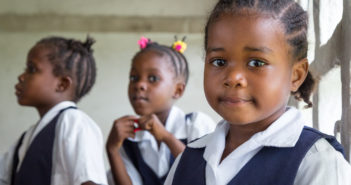
The founder of Liberia Animal Welfare & Conservation Society discusses current issues facing animal in Liberia, LAWCS’ programs, and the benefits of humane education.